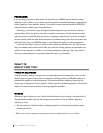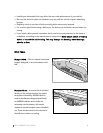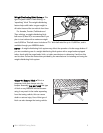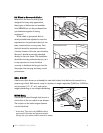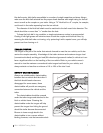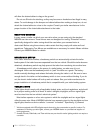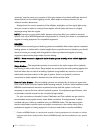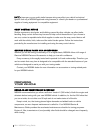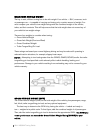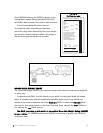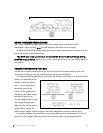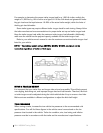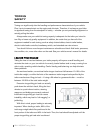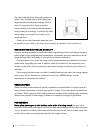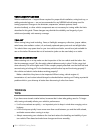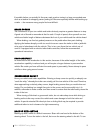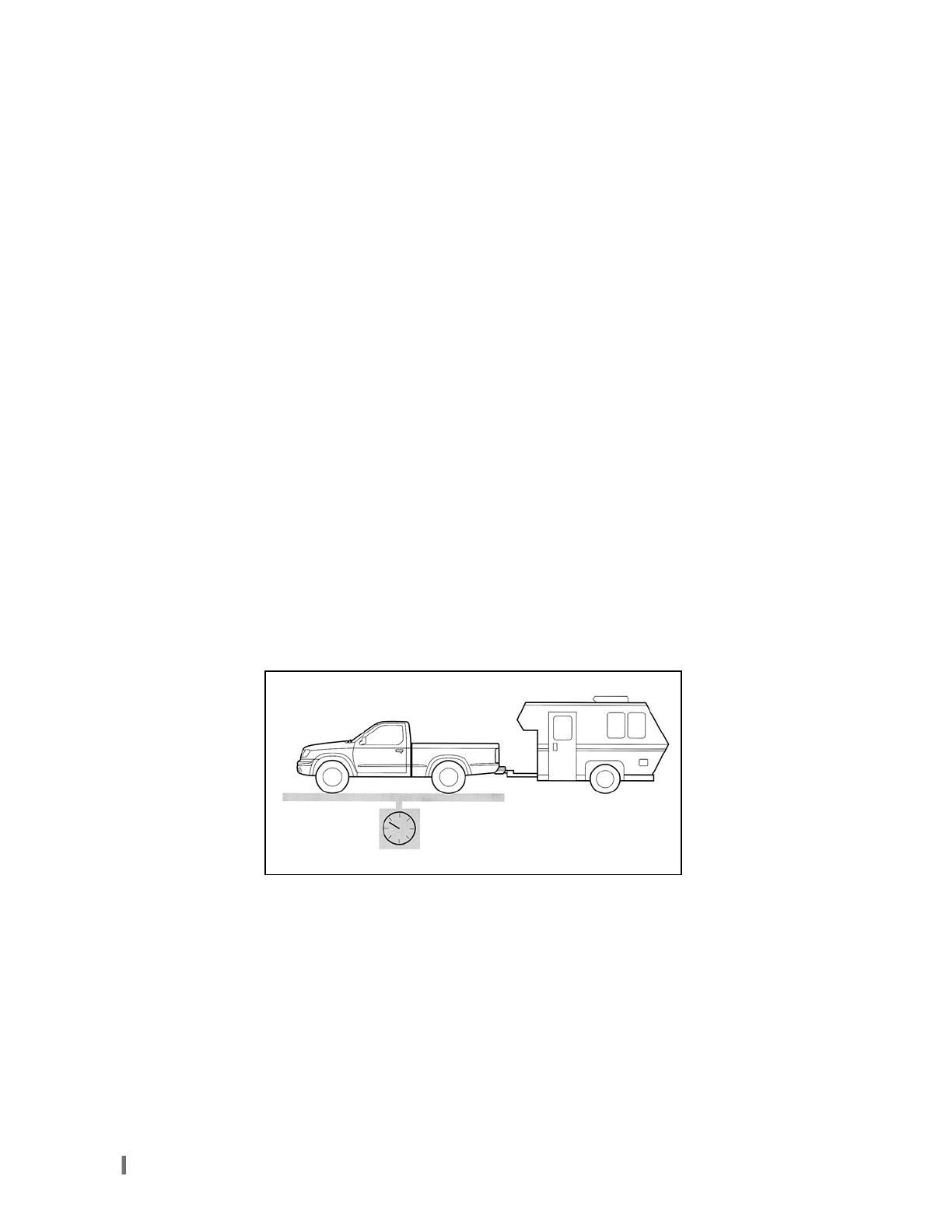
2011 NISSAN Towing Guide
11
MEASURING VEHICLE WEIGHT
The key to safe, efficient towing has to do with weight. Your vehicle — SUV, crossover, truck
or passenger car — is capable of carrying and towing only a certain amount of weight. You
must compare your vehicle’s tow weight ratings with the combined weight of the vehicle,
trailer, and their contents. This will help ensure that the total weight does not exceed any of
your vehicle’s tow weight ratings.
There are four weights to consider when towing:
Gross Vehicle Weight
Gross Axle Weight (Front and Rear)
Gross Combined Weight
Trailer Tongue/King Pin Load
These ratings are based upon normal highway driving and may be reduced if operating in
reduced-traction situations, for example, slippery boat ramps.
NOTE – Attempting to tow loads greater than the GVWR, GAWR, GCWR, and/or the trailer
tongue/king pin load specified could adversely affect vehicle handling, braking, and
performance. Damage to your vehicle resulting from overloading may not be covered by your
vehicle warranty.
GROSS VEHICLE WEIGHT (GVW)
The Gross Vehicle Weight (GVW) is the total weight of the vehicle, plus passengers, cargo,
fuel, hitch, trailer tongue/king pin load, and any optional equipment.
The best way to determine the GVW is by having the vehicle — loaded and ready to
tow — weighed at a public scale. To that figure, add the combined weight of all passengers.
Then, add the trailer tongue/king pin load to determine the approximate GVW. The GVW you
come up with must not exceed the Gross Vehicle Weight Rating (GVWR) for your
vehicle.



